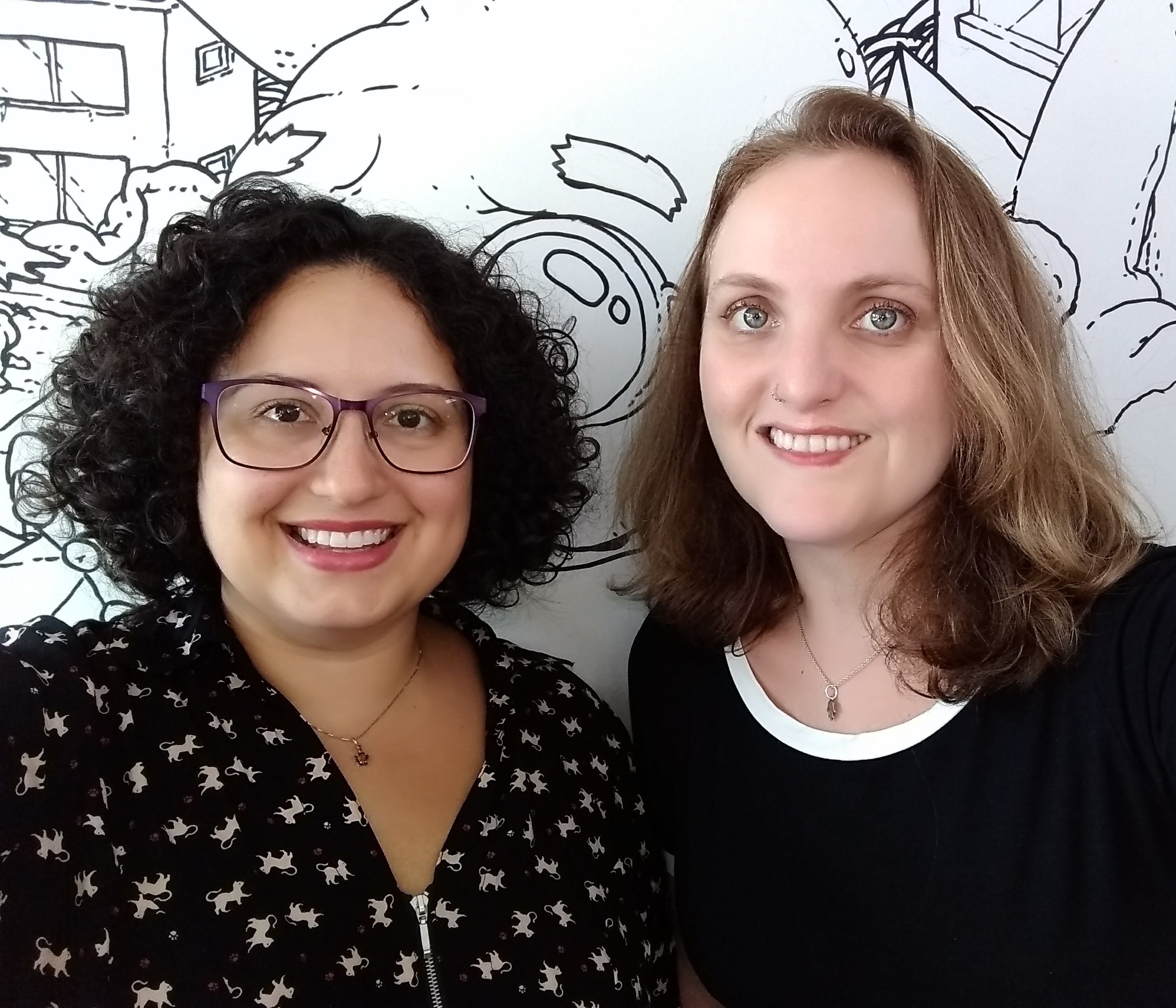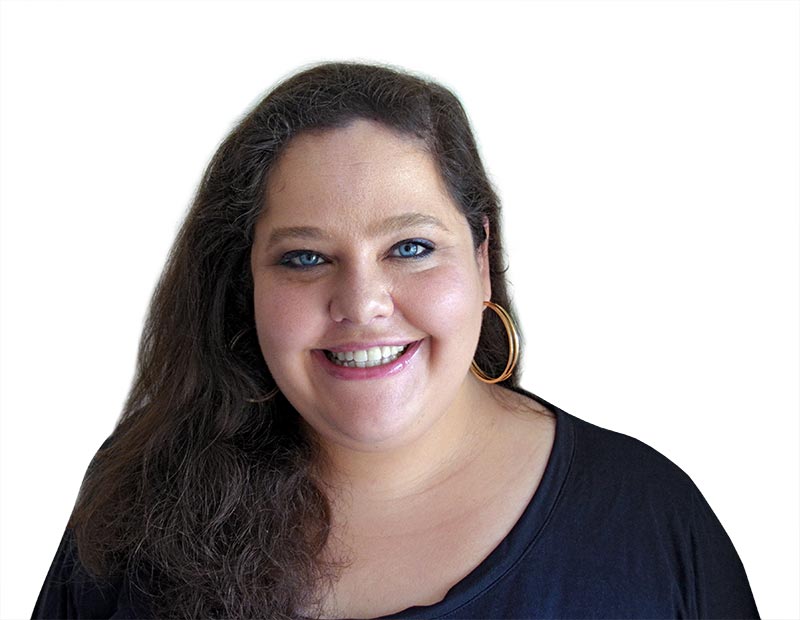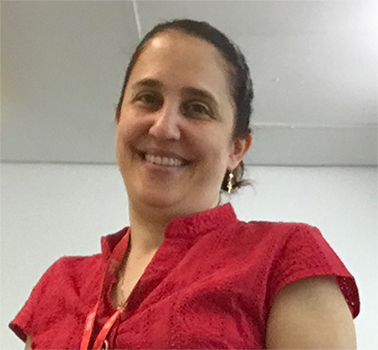Why do we need social and emotional learning competencies?
We have struggled a lot to write this article because we were too worried about technicalities. But, then, it occurred to us that social and emotional learning (SEL) competencies are anything but technical. And that is exactly why we need them right now. In Brazil, with our crowded classrooms, we have never really given personalized learning a try, at least not outside elite schools. Everything comes to numbers in the end. This is how we define who goes to college. And this is how we decide whether a school is good: if it puts our kids into college. But the time has come for us to ask ourselves: are numbers enough?
It is no news that an emotionally distressed student does not do as well at school as the others. So, if anything, working on students’ SEL competencies smooths the path for the contents they have to learn. When developing SEL competencies, students learn to cope with their own and others’ expectations, which ultimately can impact their performance. Since the act of learning is essentially social, the ability to make conscious choices and interact with people enables them to make the best of their school years. Finally, this approach improves students’ well-being and directly impacts their results at school.
In addition to the academic benefits of working on students’ SEL competencies, let us also look at them as people who matter more than their grades. There is a saying in Brazil about “education coming from home”. It means that kids’ families are responsible for shaping their character and that the school’s job is to teach them “the academic stuff”. Tempting as this saying is─since it exempts schools from responsibility toward students’ characters─it could not be more untrue. A kid’s education comes from everywhere: home, school, TV, the internet, parks, shopping malls, the subway etc. And worrying about students’ SEL competencies means to acknowledge this and step up to the challenge.
After all, we want our kids to grow up to be adults who can keep their relationships and jobs, who are prepared to deal with conflict and unexpected situations, who are responsible drivers and care about public property and who can deal with the dashing changes in our globalized world. We have been asking ourselves what kind of world we want to leave to our kids, but we should also ask ourselves what kind of kids we want to leave to the world.
Maybe one of the most difficult aspects of working with SEL competencies in our schools is the fact that they cannot be assessed with grades. There is no accurate test to check if a student’s self-awareness or creativity has improved over the school year. Life itself is the ultimate test. So, we must be brave enough to, for once, prioritize students as people rather than their grades.
This does not mean that there are no methodologies for developing students’ SEL competencies. Quite the opposite. Teachers all over the world have been working on them and educational publishers have been developing materials to help them tackle this task.
It is not easy, especially in Brazil, with our aforementioned crowded classrooms. And maybe we will not see the effects of our hard work in the short term (although chances are that we will). But we need to try it. Our students deserve it and so does our society.




